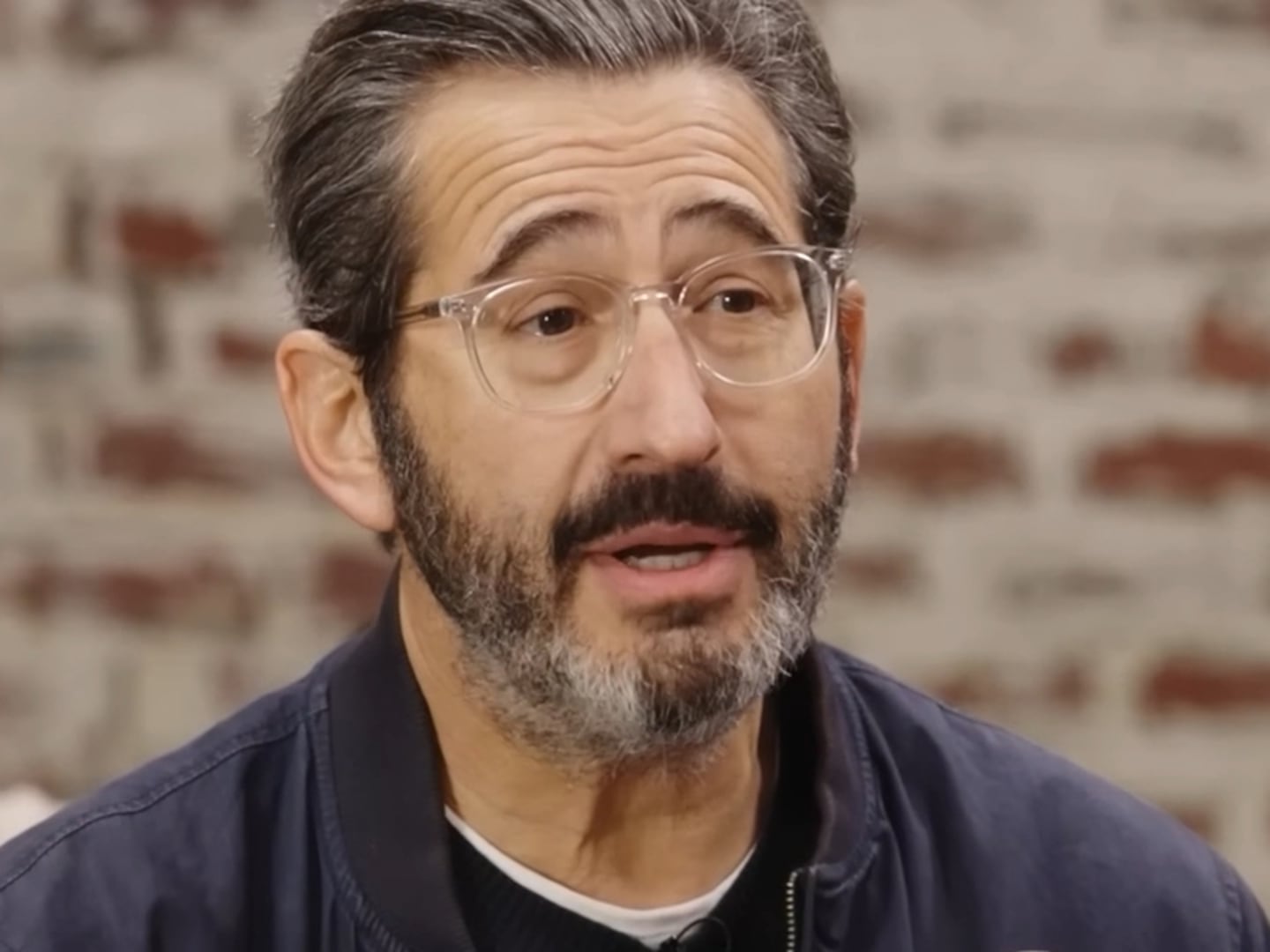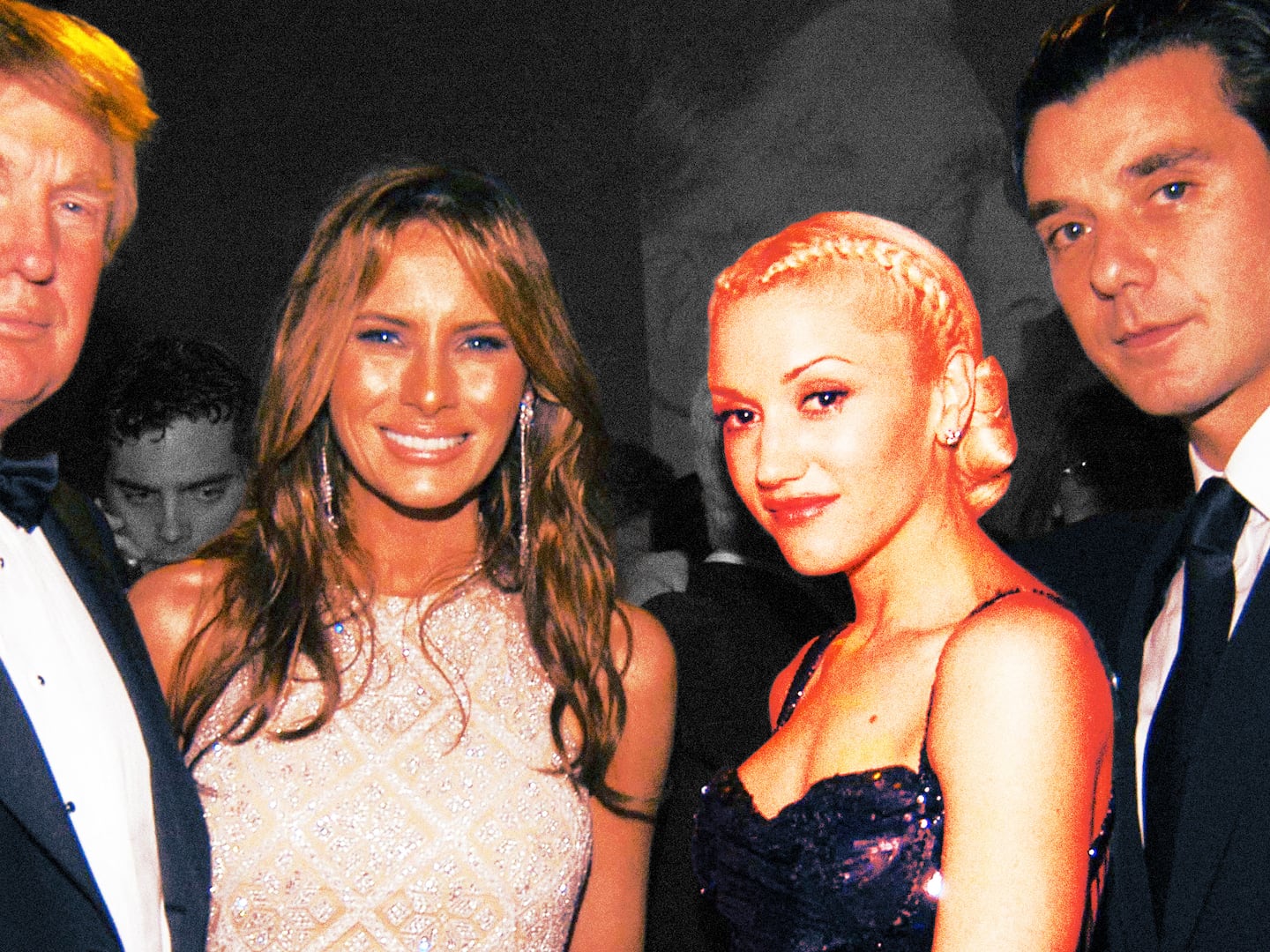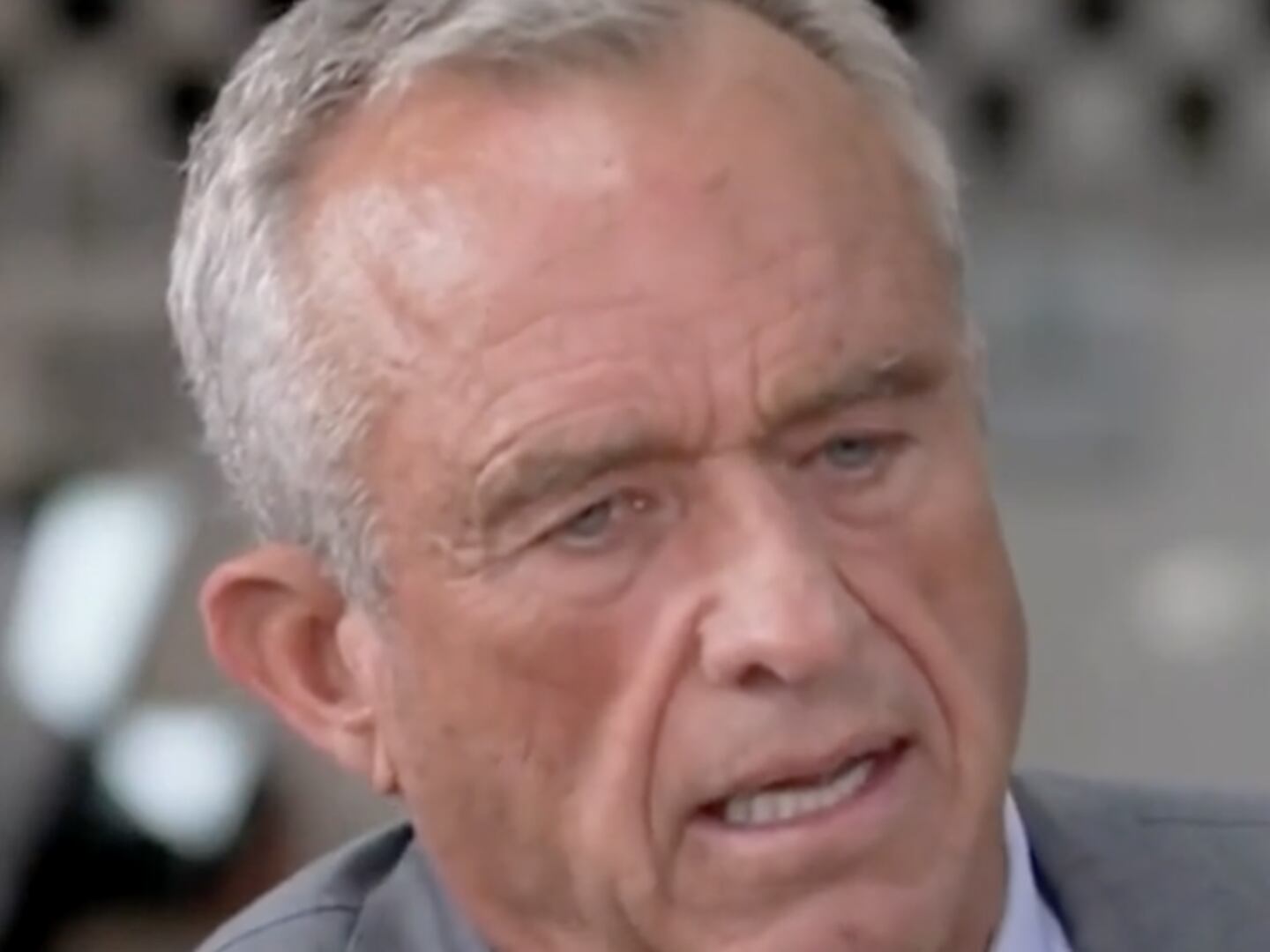Opinion
Photo Illustration by Erin O’Flynn/The Daily Beast/Getty Images
Ukraine Will Be the Big Winner of Prigozhin Turning On Putin
SHOCKING TWISTS
Even if the insurrection was over as fast as it started, Vladimir Putin and Russia will be made weaker by it.
opinion

Trending Now




